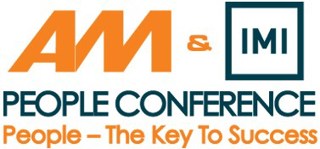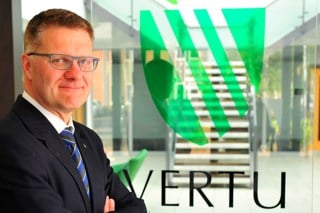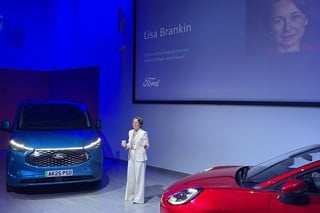Apprenticeships are proving a turn-off among school leavers as the desire to start earning overcomes parents’ hopes of sending their teenagers to university, the IMI has found.
A total of 67% of teenagers asked to contribute to the IMI’s study were put off going to university because they wanted to start earning money and did not feel a degree would help them find a job, but only 1-in-5 said they would choose an apprenticeship after leaving school.
The research also claims to have uncovered a disparity between parents and teenagers’ ambitions and a lack of quality careers advice, with parents and their offspring exhibiting very different opinions about the options available.
Of 501 teenagers and their parents surveyed by the IMI, 84% of parents said they would choose university over an apprenticeship for their children, even though 61% admitted that they believe work experience is what employers look for in potential job applicants.
Steve Nash, chief executive officer at the IMI, said: “The number of young people receiving quality careers advice is worryingly low, so it’s important parents and teachers are given more information on the opportunities available to teenagers when it comes to making those big decisions about their next step after their GCSE’s.
“The motor industry has been surrounded by misconceptions for many years, but exciting developments in ground-breaking new technologies means that automotive is emphatically a high-technology sector and can offer a very broad range of exciting and rewarding careers.”
The IMI’s research also found 50% of young people surveyed had not received any form of careers advice. For those who had, 36% of 15 year olds said the quality of the information was average at best.
Nash said that the IMI was helping to “raise the profile of vocational training in the automotive sector”.
He added: “Our sector can provide teenagers with incredible long-term careers, so we’ll continue to support parents and teachers by supplying them with information to help teenagers make informed choices.”


















Login to comment
Comments
No comments have been made yet.